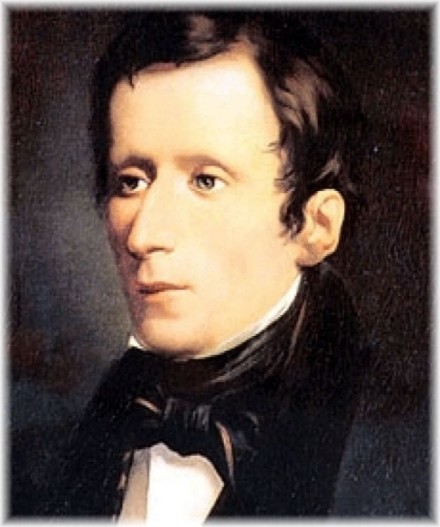Giacomo Leopardi híres idézetei
Giacomo Leopardi: Idézetek angolul
“Children find everything in nothing, men find nothing in everything.”
Forrás: Zibaldone (2013) trans. Kathleen Baldwin et al., [527] ISBN 978-0374296827
“Pleasure is always in the past or in the future, never in the present.”
Il piacere è sempre o passato o futuro, non mai presente.
29th September 1823, Festival of Saint Michael the Archangel.
Zibaldone (1898)
Essays and Dialogues (1882), The Song of the Wild Cock
“To that creature, being born,
Its birthday is a day to mourn.”
Stato che sia, dentro covile o cuna,
È funesto a chi nasce il dì natale.
Canto notturno di un pastore errante dell'Asia (Night song of a nomadic shepherd in Asia) (1829-1830). Translation by Eamon Grennan, Leopardi: Selected Poems [Princeton University Press, 1997, ISBN 0-691-01644-5], p. 62
Poetry
1832. Passions. Translation by Tim Parks. [Yale University Press, 2014, ISBN 9780300186338], p. 8
Zibaldone (1898)
“No one can truthfully boast or say in anger: I cannot be unhappier than I am.”
13-14th August 1821.
Zibaldone (1898)
Essays and Dialogues (1882), Dialogue between Nature and an Icelander
Essays and Dialogues (1882), Dialogue between Nature and an Icelander
Essays and Dialogues (1882), Dialogue between Nature and an Icelander
Essays and Dialogues (1882), Dialogue between Nature and an Icelander
Thoughts. Translation by J.G. Nichols [Hesperus Press, 2002, ISBN 9781843910121], p. 6
Aphorisms
260, 5th October 1820. Translation by Michael Caesar and Franco D'Intino et al. [Farrar, Straus and Giroux, 2010, ISBN 9780141194400], p. 177
Zibaldone (1898)
